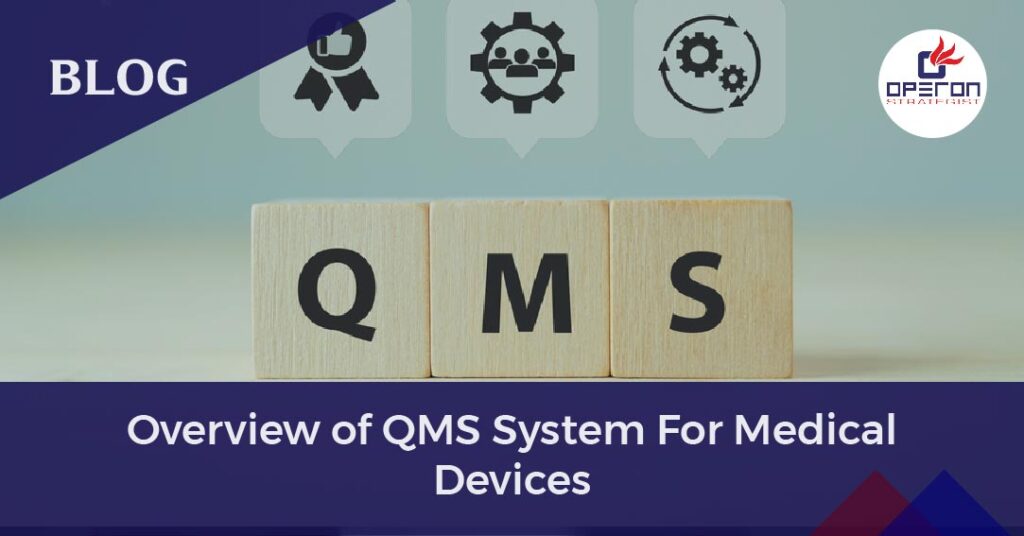What Is (QMS) Quality Management System for Medical Devices?
A (QMS) Quality Management System for medical devices is a systematic system for documenting the procedures and processes that are implemented throughout a medical device’s lifecycle. It can include medical device design, production, supplier management, product labeling, storage and distribution, clinical data, risk management, and complaint resolution. Waiting too long to install a Quality Management System (QMS) can cause permanent damage to your operations and, in some cases, product failures.
Building and administering an effective (QMS) Quality Management System for medical devices is a critical step for medical device companies seeking to provide the best product to their consumers.
Looking For a Medical Device Regulatory Consultant?
Let’s have a word about your next project
As practically all major markets throughout the world have made it a rule of thumb to use a compliant (QMS) Quality Management System when registering products, maintaining QMS is a primary need for manufacturers for a successful product launch. The implementation of a Quality Management System (QMS) is based on device classification. As an ISO 13485 certification consultant, we help device manufacturers classify their products and build a (QMS) Quality Management System to ensure regulatory compliance.
If you wish to sell your devices in the foreign market, you must comply with international
Requirements of (QMS) Quality Management System for Medical Devices Are:
- Document control- is one of the most important components of a medical device QMS system, along with quality events, audits, and workflows. As a result, having a quality manual containing various portions of key ISO standards (e.g., ISO 13485) and comprehending their requirements is critical.
- Training management – Quality standards and regulations such as 21CFRpart 820 or ISO13485 require personnel to be trained and skilled in their duties.
- Audit management – Medical device manufacturers must establish a proper audit process and conduct regular quality audits in compliance with ISO 13485:2016 and the FDA’s 21 CFR Part 820.
- CAPA management- All medical device manufacturers are expected to implement CAPA to handle any instances of deviations or nonconformance that may hurt the quality of their products.
The Procedure of QMS System for Medical Devices:
QMS important stages include design, supplier management, complaint resolution, clinical data documentation, product labeling, and risk management. A good QMS is thorough and covers everything. intricacy of the medical device. QMS procedures will differ depending on the device’s classification. Companies producing medium-risk (Class II) or high-risk (Class III) devices, for example, will need to implement a different QMS than those producing low-risk, non-sterile, non-measuring, non-reusable surgical instrument devices (Class I).
Benefits of QMS System for Medical Devices:
- Effective and Faster Cycles of Execution
- Increased Customer Satisfaction
- Elevated Market Value
- Reduced Amount of Waste
- Streamlined Process Improvements
- Improved Supplier Relationships
How Can We Help You in QMS System for Medical Devices?
Our professionals will assist you in developing your current QMS to meet QSR (in the United States) and ISO 13485 standards. We focus on certain areas of your QMS system and teach you how to apply it efficiently. As a QMS consultant, we validate documents and train businesses on how to implement QMS by relevant standards so that auditors can audit and certify them. Contact us for further details.



